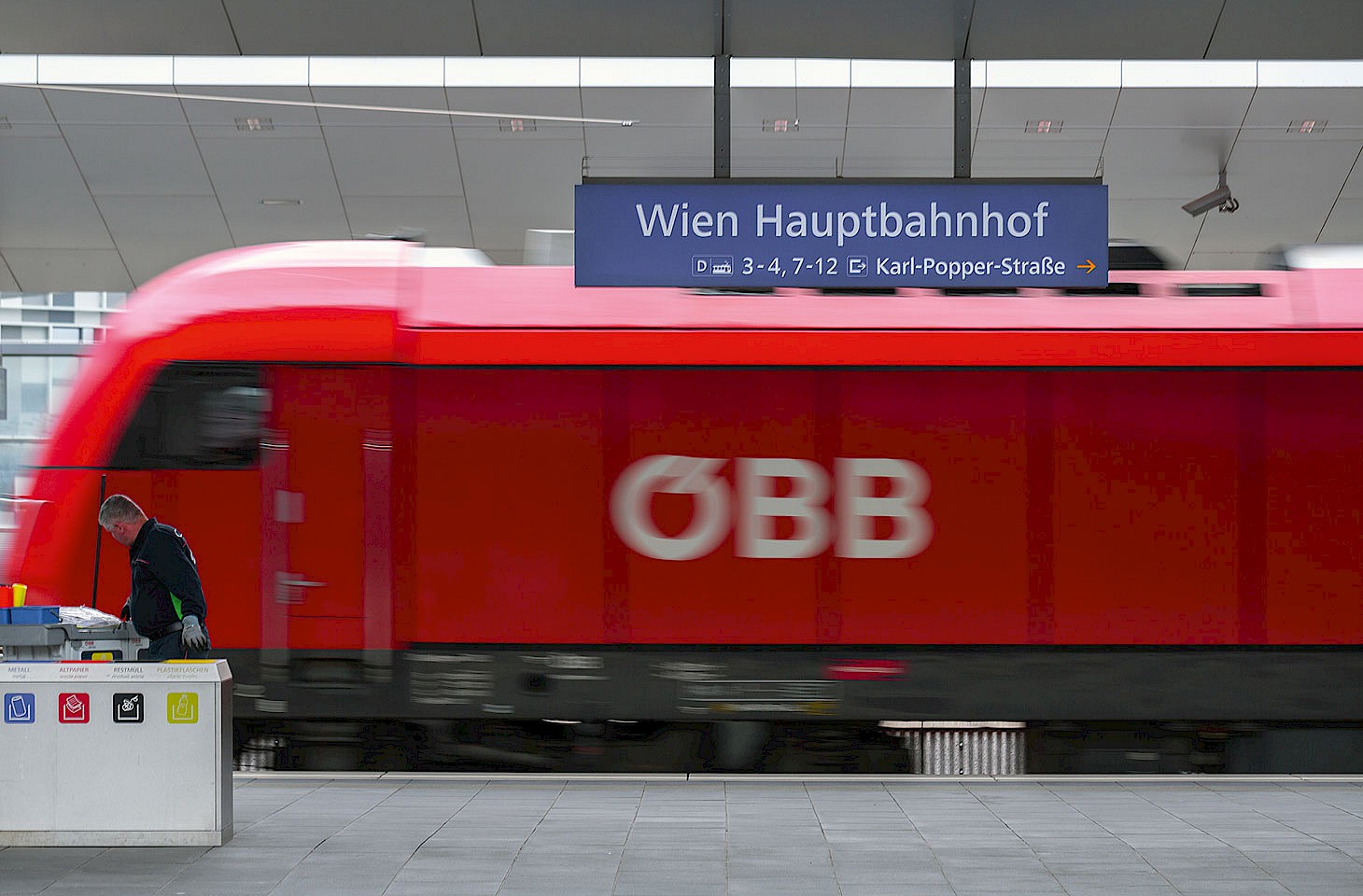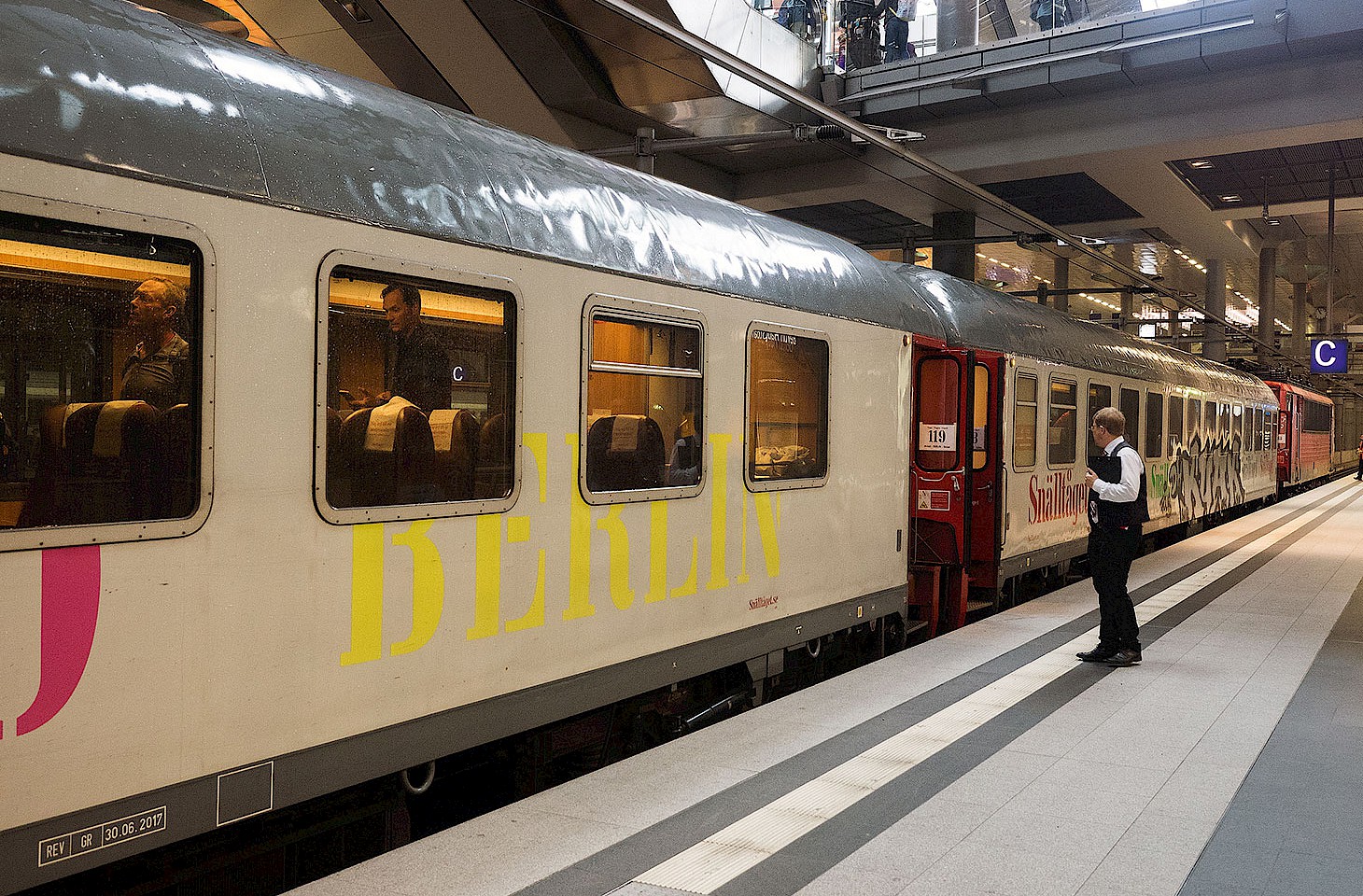How different are these months through which we have all been living! These are strange and troubling times indeed.
The COVID interregnum has of course been a chance to think. For many who love travel, and perhaps even more so for those who make their living through writing about travel, this singular period when we have been cruelly deprived of human sociality has been an opportunity to reevaluate our relationship with travel, to ponder exactly what it is that we cherish about journeys, about distant places and about each other.
Perhaps, like us, you have thought very carefully about just what it is that is integral to personal wellbeing: family and shelter are surely top of many lists, but we would also throw in a feeling of community, the chance to experience difference, and developing and retaining a sense of wonder. No surprise perhaps that we have taken time to reread our Manifesto for Slow Travel, which was first published in the pages of hidden europe in 2009 (see issue 25). No other article published in hidden europe has been so widely cited or translated into so many different languages.
That Manifesto is, we think, very pertinent as Europe reopens for travel after the pandemic. We have missed specific places that have great personal meaning for us — among them are the Swiss lakes, the Outer Hebrides and Baltic islands. But there is something we have missed far more.
What we have missed above all are not places but journeys. The opportunity to just be on the move. There is virtue in just gazing at the landscape slipping by beyond the carriage window. And there is value in the varied trains of thought that come with a journey. Be it a lazy day on the slow train in southern Sweden or a leisurely lunch on the steamer from Lucerne to Flüelen, we have desperately missed that sense of just wandering, of getting to know a region by public transport. Well do we know, from the generous feedback from readers of hidden europe, that many of you have your own favourites lined up for the post-pandemic era.
“First class in a Swiss Railways panorama coach up the Rhine Valley from Cologne,” wrote one reader.
“The slow boat from Kennacraig to Colonsay,” suggested another. “The one that stops in Islay along the way.”
What we have missed above all are not places but journeys. The opportunity to just be on the move. There is virtue in just gazing at the landscape slipping by beyond the carriage window.
We don’t detect that hidden europe readers, or for that matter the wider travelling public, are just itching to hop on a plane. Or even to dash on a TGV from one end of France to the other in just a few hours. Has the pandemic perhaps reengineered our sense of space and time? It’s happened before. Think how the advent of the steamship and later the railways transformed our collective understanding of both distance and time.
Our Manifesto for Slow Travel has quite a lot to say about how we relate to distance and how we value time. And it has been widely interpreted as being a shout-out in favour of slow trains, local buses and the traditional islandhopping ferry. But the Manifesto is much more than merely that. It is about the importance of journeys, and valorizing travel for its own sake, rather than just focusing on the destination. “Slow travel,” we wrote, “is about making conscious choices. It is about deceleration rather than speed. The journey becomes a moment to relax, rather than a stressful interlude imposed between home and destination.”
But this is only part of the appeal of slow travel. Too often in recent years, we have seen blatant greenwashing by travel companies who brand almost anything as slow travel if no flying is involved. An upmarket cruise on a huge ship is not slow travel, any more than a fast dash through the Alps on a motorbike is slow travel.
Slow travel is a mindset. It is about us and our own attitudes. And it is about community, synergy and solidarity — a retort if you like to the neo-liberal dream where we seek a sense of accomplishment through bucket lists and conspicuous consumption.
Slow travel demands engagement. It is about not planning everything to the umpteenth degree but rather keeping a measure of spontaneity. And that means managing risk and uncertainty — skills which we have all had to learn during these long months of the pandemic.
We are quietly hopeful that, as we all start travelling again — whenever that day will come — we will not just flock back to the old ways. We can and should make conscious choices. Making space and time for fine journeys is high on our own list of priorities. And we want those journeys to be slow and mindful. And they must be shared with others.
For months, our very humanity has been challenged. We have been deprived of the social, living isolated lives with far less contact with others than normal. But travel will be a way to rediscover our natural instinct to cooperate and reciprocate. And there is no more social form of travel than the slow train, the local bus and the island ferry. It’s that rediscovery of the pleasures of community that we all need just now.
So we suspect that slow travel might just be about to have its moment in the sun. Are we not all yearning to see some integrity restored to travel? And might that rethinking of travel priorities not especially resonate in a post-COVID society? Is there not a unique opportunity here to embrace a new approach to travel? We have, after all, just had a year-long tutorial on how to celebrate the local. And that’s what slow travel is really all about. It’s a way of looking at the world — and it’s a skill that can be applied well beyond the places to which we have been confined for so long.



